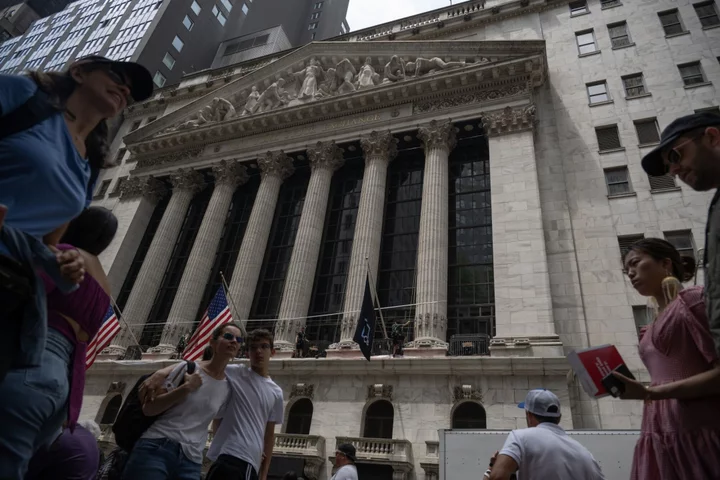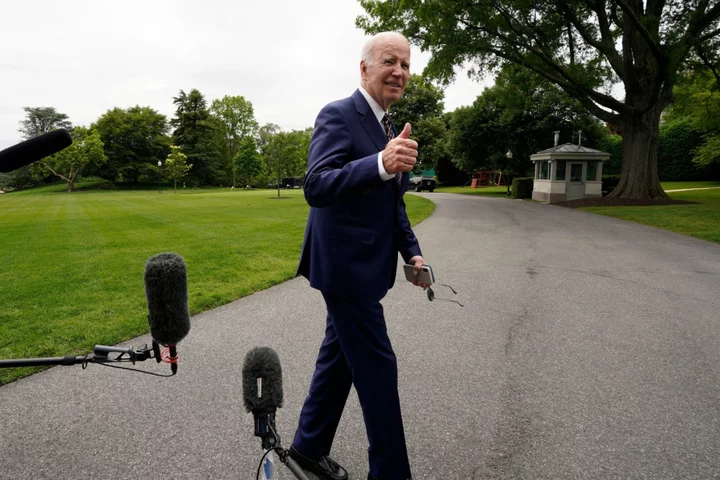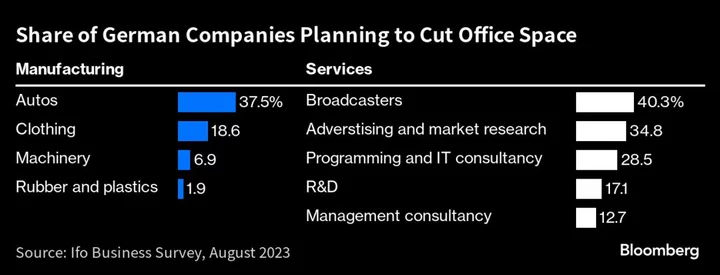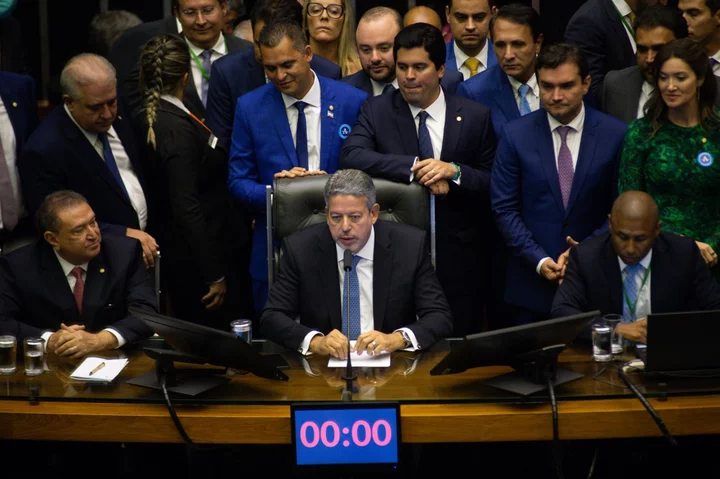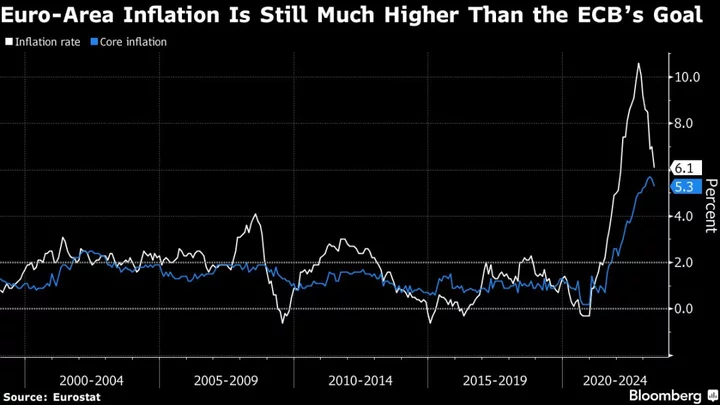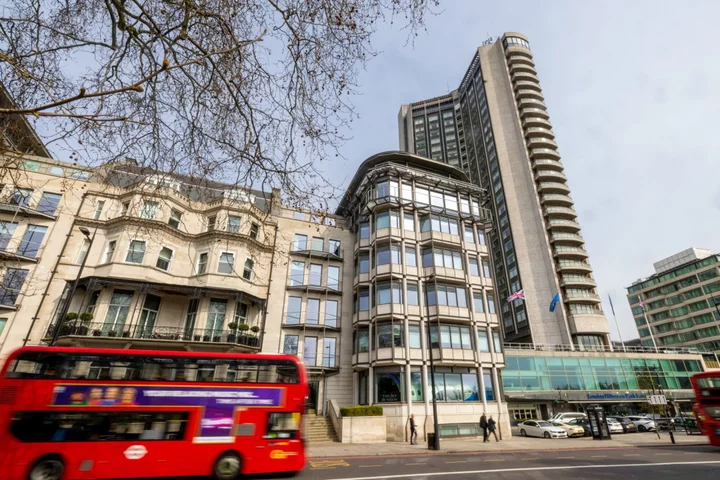Just before US stocks faltered on Thursday, the level of optimism among retail traders soared to the highest level in 27 months, when the market was notching all-time highs.
The closely watched bull-bear spread from the American Association of Individual Investors survey was positive for a seventh straight week, rising to 29.9 in the week ending July 19. That’s the most bullish stance since April 2021, and a jump from a 15.1 reading in the prior period.
The day trader crowd has piled into big tech and benchmark exchange-traded funds in recent weeks, data compiled by Vanda Securities show, pushing more than $7.2 billion into the equity market over the past five sessions. The percentage of investors in the AAII survey with a bearish view over the next six months slumped to 21.5%, the lowest since June 2021, while those with a neutral view dipped to the lowest level this year.
The S&P 500 dropped 0.4% at 2:06 p.m. on Thursday, halting a three-day rally that put the benchmark gauge above a level that’s considered overbought by some technical analysts.
Retail traders net bought $3.9 billion of cash equities in the past week, with the vast majority of inflow into single stocks targeting megacap tech, according to data compiled by JPMorgan Chase & Co.’s Peng Cheng. For any investors wondering whether the rush of retail bullishness is overdone, Cheng’s team estimates that their return this year is in-line with the broader market so, “retail positioning does not appear to be stretched.”
The booming optimism in the AAII survey follows a push higher in stocks this month, with the S&P 500 adding 2.6% in July. Overall, the majority of respondents were bullish on the outlook for the first time since April 2022.
- AAII bull-bear spread rose to 29.9 from 15.1 last week
- Bulls jump to 51.4% from 41%
- Neutrals fall to 27.1% from 33.1%
- Bears drop to 21.5% from 25.9%
- See AAIIBULL GP, AAIIBEAR GP, AAIINEUT GP, .AAIIBB GP
(Adds trading to fourth paragraph, updates chart)

